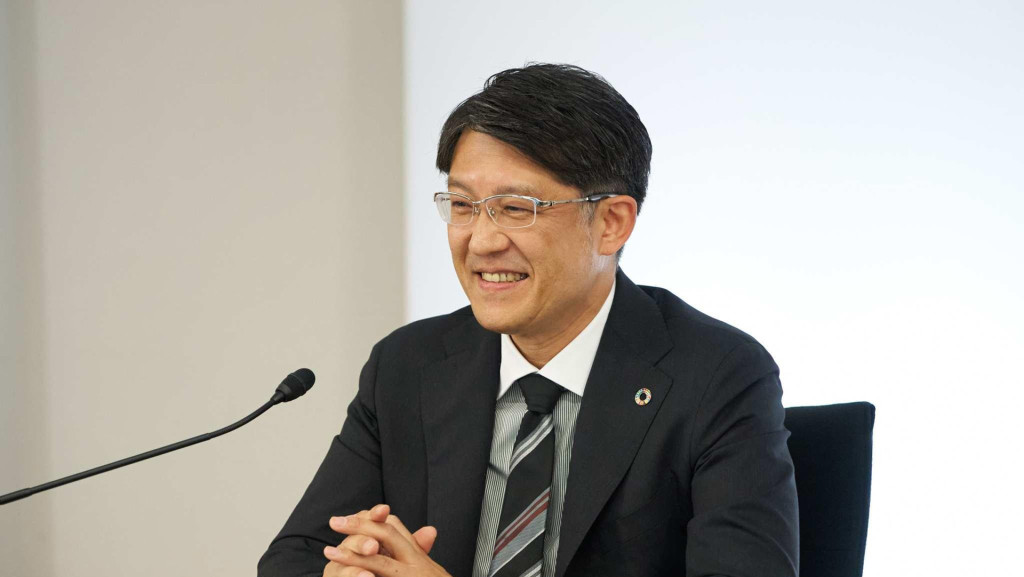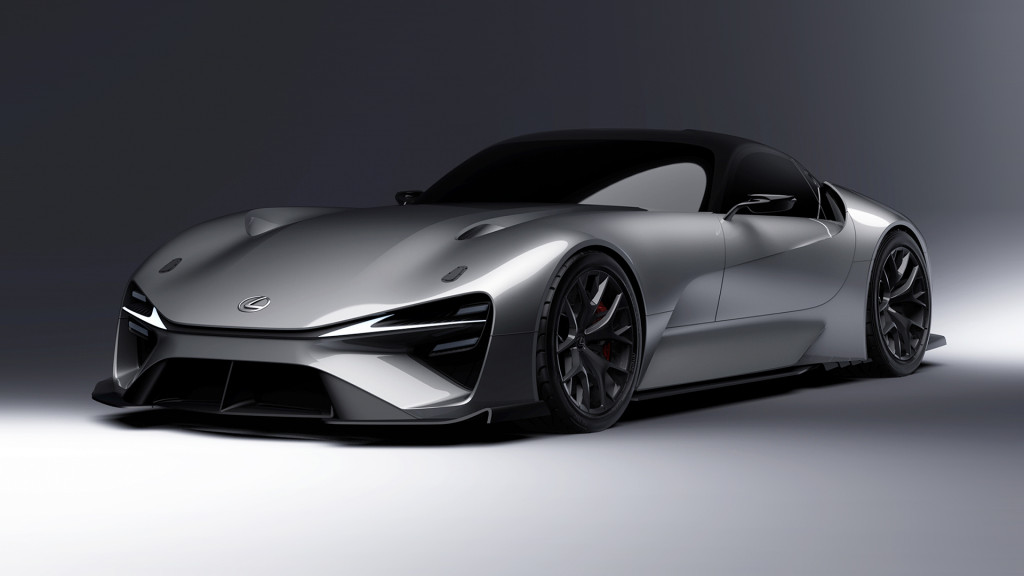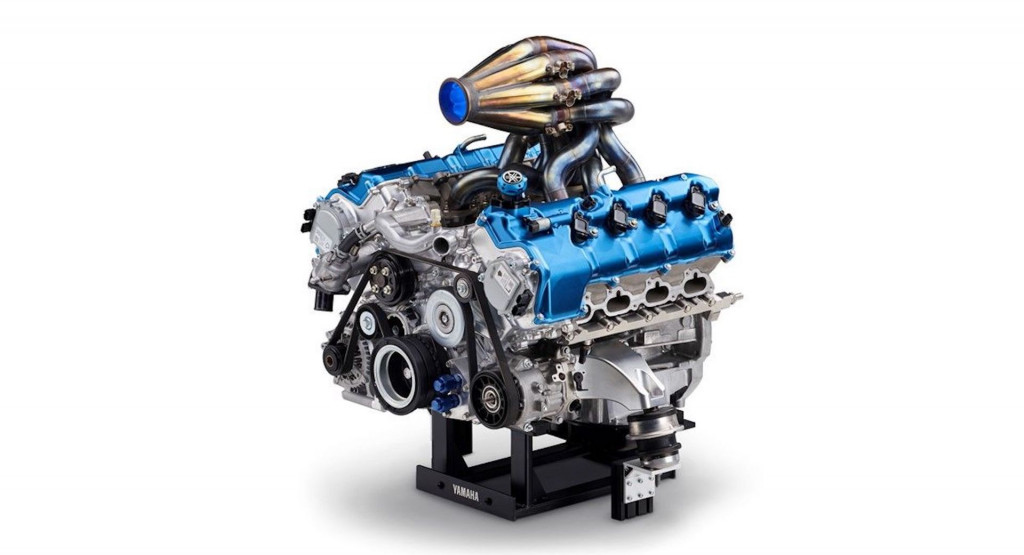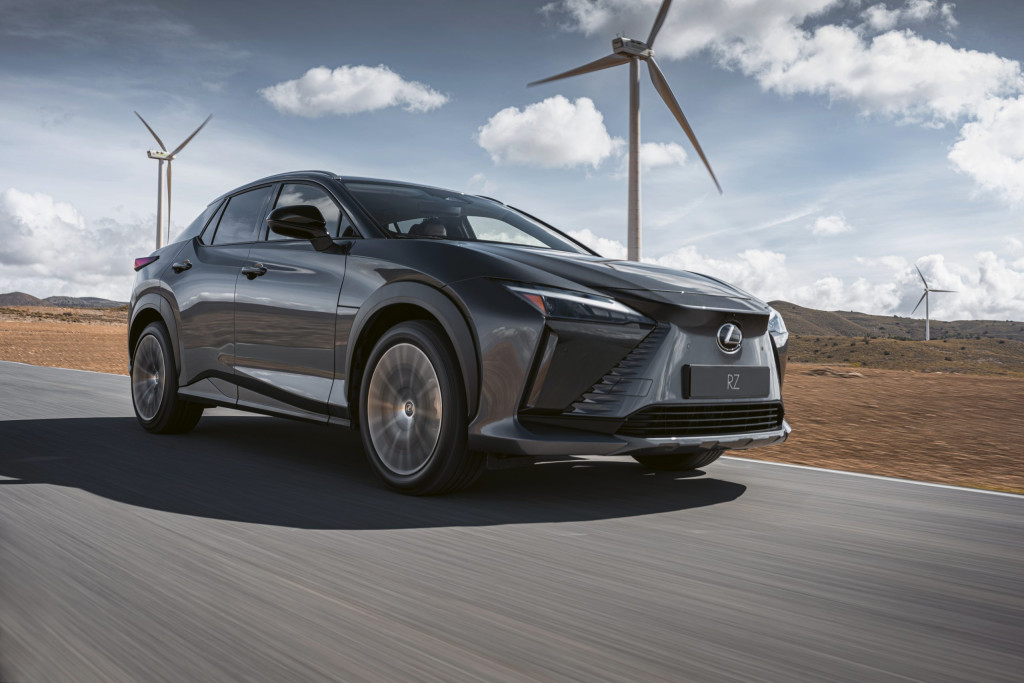Toyota's incoming CEO, Koji Sato, has provided the first details of his overarching strategy for the company he's set to run from Apr. 1.
Sato said on Monday there are three main areas of automotive development he plans to focus on: electrification, intelligence, and diversification.
He said electrification will play a particularly important role in the quest for a carbon-neutral society. He also said the “time is right” to ramp up battery-electric vehicle development, and that the Lexus brand will be the focus rather than Toyota.
Sato, who is currently chief of Lexus, said next-generation EVs with a dedicated platform and battery technology will be launched by Lexus starting in 2026. This focus on dedicated EV technology will be a key change throughout the brand's operations.

Koji Sato
“To deliver attractive BEVs to more customers, we must streamline the structure of the car, and with a BEV-first mindset, we must drastically change the way we do business, from manufacturing to sales and service,” he said. “Lexus will lead this transformation.”
The strategy isn't hugely different from what Sato's predecessor, Akio Toyoda, the grandson of Toyota founder Kiichiro Toyoda, planned. Toyoda, who is set to take over as Toyota's chairman on Apr. 1, in 2021 confirmed plans to launch 30 EVs by 2030, many of which are to wear a Lexus badge. One will even be a supercar. Toyoda also announced at the time that Lexus plans to make zero-emission vehicles account for 100% of its sales in the U.S., Europe, and China by 2030, and the rest of the world by 2035.

Lexus Electrified Sport
At Toyota, zero-emission vehicles include both battery- and hydrogen-electric vehicles, and even internal-combustion cars that burn hydrogen. Sato on Monday said he is sticking to this plan of developing multiple powertrain types.
“The energy situation varies around the world,” he said. “We want to stay in tune with customers around the world and provide diverse options.”

Hydrogen-powered V-8 developed by Yamaha and Toyota
The new 2023 Lexus RZ crossover on sale later this year is the Lexus brand's first dedicated EV, though with an estimated range of just 220 miles, the performance is well below the competition.
When it comes to the new focus on intelligence, Sato said Toyota plans to develop new hardware and software systems that will not only make cars more fun and convenient to use but also safer. In this area, Toyota is developing its own operating system known as Arene that will have its own apps but also be open to apps from third parties. Arene is expected to be introduced around 2025.

2023 Lexus RZ 450e
And in the area of diversification, Sato said Toyota will increase development of products and services suited to specific regions.
“As a global company with full lineups, we will advance car-making that is in tune with regions and meets diverse needs,” he said.
